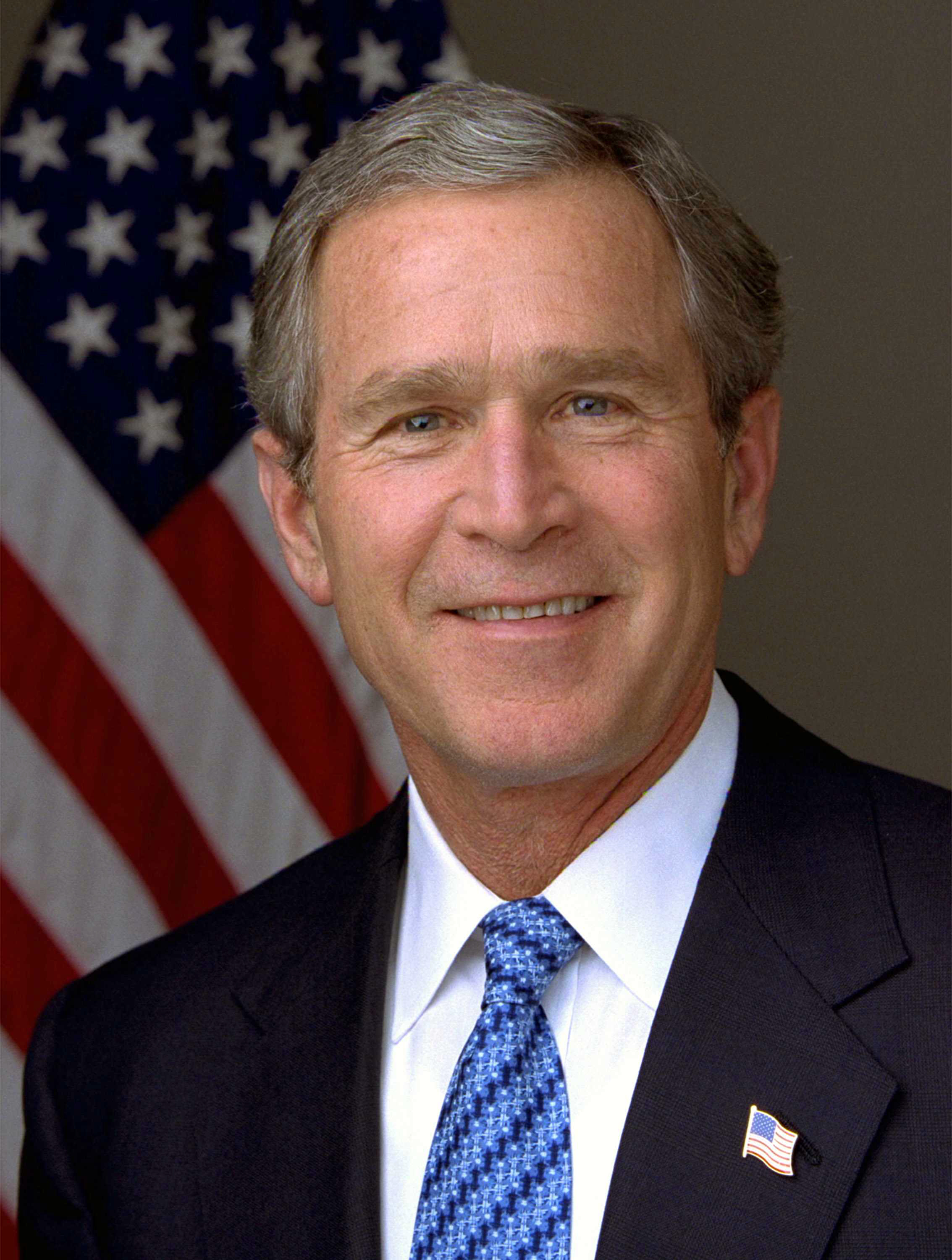Hail to the Chief?

A former KGB officer suggests that international lack of regard for our president is merely a reflection of our own disrespect for him. He recollects for us a youthful impression:
My father spent most of his life working for General Motors in Romania and had a picture of President Truman in our house in Bucharest. While “America” was a vague place somewhere thousands of miles away, he was her tangible symbol. For us, it was he who had helped save civilization from the Nazi barbarians, and it was he who helped restore our freedom after the war — if only for a brief while. We learned that America loved Truman, and we loved America. It was as simple as that.
So, his remedy is to stop bashing our own presidents. We should summon just enough propaganda to squelch public disdain about our leader in order to strengthen other’s perceptions about him.
Aside from the principled and consequentialist qualms I’d have about the level of propaganda that would be needed to make Americans feel good about someone like Bush (or any recent president, not to pick on W), I wonder about the value of doing so. Clearly, it helps to achieve “national” objectives for everyone to be behind a leader proposing them. But are national objectives all they’re cracked up to be?
I’m also skeptical about the psychology of former-Soviets, even those of good will towards America. I have had many friends from the former Soviet Union. They have been uniformly smart people, some of them quite brilliant, but nearly all of them possessing a peculiar blind spot with regards to propaganda and the associated freedom of the press. I know that to them, my “knee-jerk” defense of an unfettered press, even one prone to printing lies, seemed equally peculiar. So, when I expressed my doubt about the long-run efficacy of propaganda, I would use my Russian friends themselves as Exhibit A: you won’t find a more cynical people on earth than Russians, and I don’t think it’s genetic. Furthermore, no amount of propaganda got the Russians to forget about the Beatles or blue jeans. Decades of hero worship nurtured by propaganda did not prevent Lenin’s statue from toppling all over the communist world, including in cities named after him. In the long run, I don’t think W’s image can be resurrected with fawning press coverage. If anything, presidents like Lincoln, FDR, Kennedy, and Reagan get far better press treatment today than they got in their own day.
The most disturbing thing about this Russian’s nostalgic recollection, however, is his grown-up expression of a child’s most collectivist impulse–hero worship. Our press already possesses the most annoying tendency to credit collective effort to a single individual, even as it subtly undermines the value of the individual in nearly every other way. They aggrandize individuals because their readers relate to individuals, not ephemeral forces. We buy celebrities, not concepts. The press certainly has an interest in selling us the notion that W’s daily schedule is newsworthy, or that it matters why Brad broke up with Angelina. Even if idolatry is good business in catering to human nature, though, I really don’t see the virtue of supporting it as a matter of public policy.
